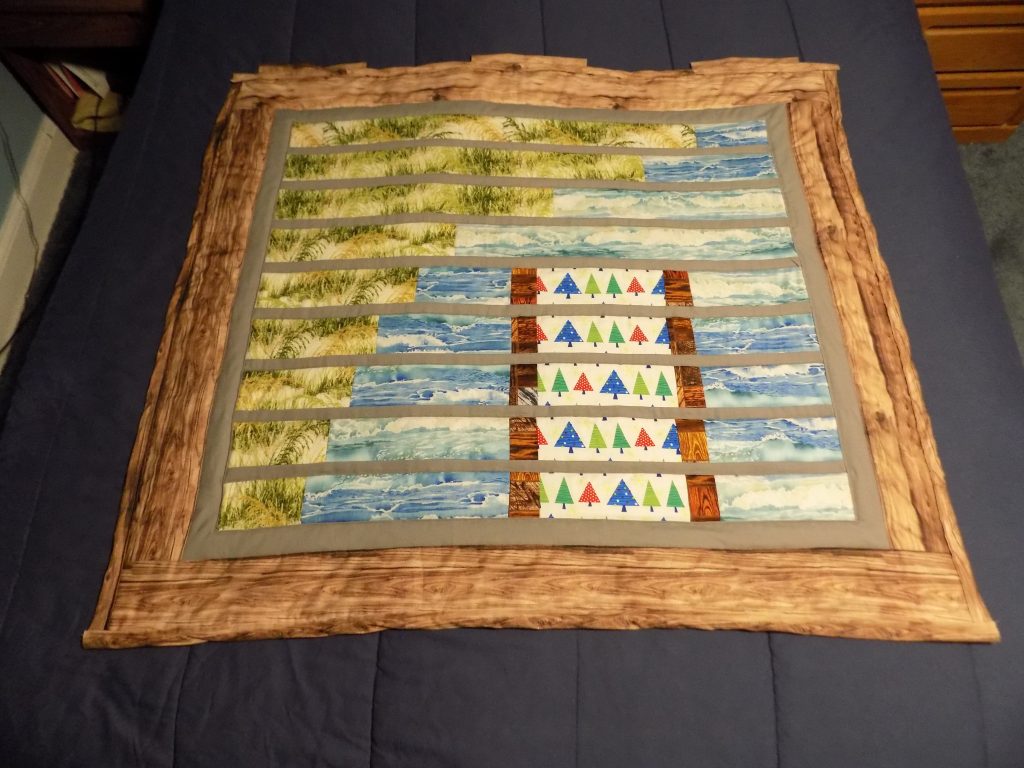Transcript below.
Tag: horses

Foghorn (A Call to Action!)
- This year’s Jairo Mora Sandoval Award for Courage in Conservation goes to Patima Tungpuchayakul! Between August 2014 and October 2016, Patima helped rescue 3,000 trafficked fish workers stranded on remote islands in Indonesian waters by the Thai fishing industry from their slavery. Read more about Patima’s tireless work to liberate enslaved peoples in the fishing industry.
Flotsam (what we’re obsessed with right now)
Atlas Obscura is on a roll this week with some seriously fabulous ocean coverage, including my new favs:
- The Canoe That Changed Hawai‘i: How Hōkūleʻa and its amazing voyage across the Pacific helped kickstart a Hawaiian cultural renaissance.
- Abalonia: The Island Nation That Never Was.

The Levee (A featured project that emerged from Oceandotcomm)
 Today marks the release of Fleet: Wide Open, part 2 of my serial maritime science fiction adventure. With half the story revealed, we now see the roll technology plays in both the history and the day-to-day operations of the fleet. Specifically, we see three major technological advances that seem as though they would have been major solutions to the environmental problems facing the fleet, yet somehow, the world continues to fall apart.
Today marks the release of Fleet: Wide Open, part 2 of my serial maritime science fiction adventure. With half the story revealed, we now see the roll technology plays in both the history and the day-to-day operations of the fleet. Specifically, we see three major technological advances that seem as though they would have been major solutions to the environmental problems facing the fleet, yet somehow, the world continues to fall apart.
In our world and the world of the fleet, we often hold up technological innovation as a panacea for global problems. It’s easy to look towards the next big advancement as the solution to our current woes — from alternative energy sources to groundbreaking trash removal devices — but what is often lost in the hype is the human component. Yes, technology is a necessary component of global environmental solutions. You can even look at the arc of human advancement as one long series of bootstrap-hoists — we need to utilize dirty tech to access environmentally sustainable tech (i.e. you can’t develop the ability to produce solar panels without first harnessing the energy locked in fossil fuels). But technology alone is useless without also changing human behavior. This creates a major problem, as technological innovation is often used as a tool to bypass human behavior entirely, the assumption being that it doesn’t matter what the individual does, so long as the tech is in place to mitigate it.
The horse piles of New York
Around the turn of the last century, New York City was in crisis. Horses, the primary means of transportation for people and products within the city have an unfortunate byproduct — feces, lots and lots of feces. At its peak, more than 60,000 horses were depositing upwards of 500 tones of manure every day. The horse crisis itself was the result of a major technological innovation — more efficient fertilizer based on mass produced phosphate. Where once there was a major economic incentive to collect the manure and resell it as fertilizer, now there was also no incentive. And so, the mountains of feces piled up. It got so bad that one editorial expounded that, by the 1930’s piles of horse manure would stand three stories tall and the city would be awash in an unending tide of feces.
Read More “Science in the Fleet: The Promise of Technology as a Panacea for Human Impacts” »
